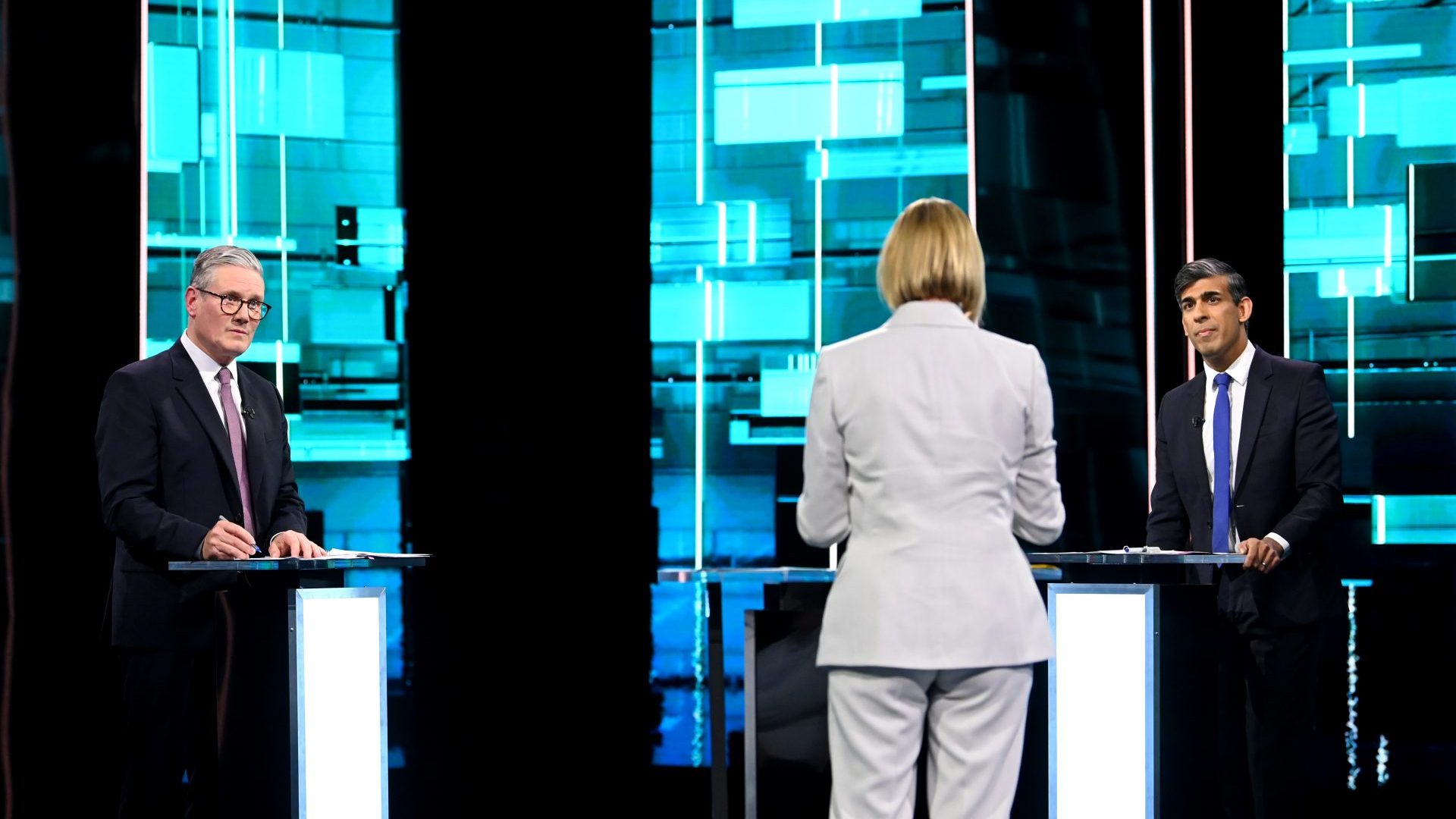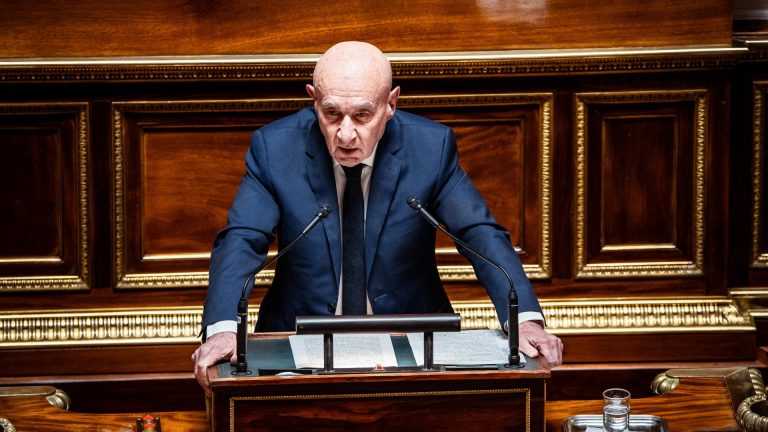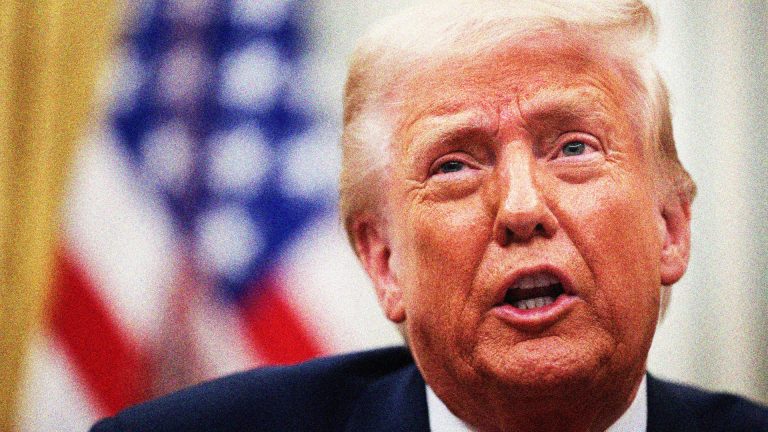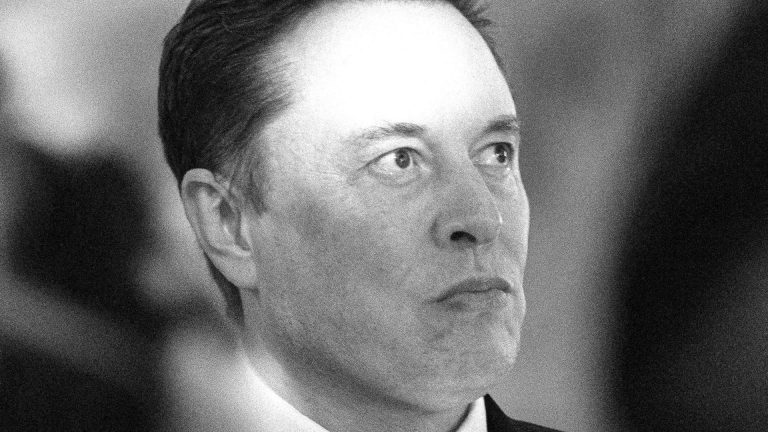The news made me snort. Following Radio 1’s Newsbeat coverage of the Sunak v Starmer debate on ITV was a very different story – sexually transmitted infection diagnosis had risen 4.7% in England. Gonorrhoea cases are at a record high. I couldn’t help but think of the colloquialism offered to people asking for sympathy – “it can be found between shit and syphilis in the dictionary”. Perhaps, in the eyes of the younger generations, Sunak and Starmer can be found there too.
Since the election was called, one friend has bemoaned sorting out her postal vote as she’s abroad on polling day. Another was stumped on who to vote for, explaining how in many policy areas she couldn’t see any differences between Sunak and Starmer. One friend, however, was excited for proceedings to start. “Oh really?” I asked.
“Can you imagine the memes?” they replied.
Tuesday’s leadership debate confirmed my concerns. It took until the final third before a question came up that covered issues affecting younger voters. Citing the difficulty of attending university during lockdown, the cost-of-living crisis and increased housing costs, one audience member asked the pair when they would start prioritising this voter bloc.
In my experience, this question is often met with eye rolls – but it’s more than fair. Some of my friends jokingly knock a few years off their age when asked how old they are, explaining that “Covid years don’t count”. Young people sacrificed a huge amount during the pandemic. When is the pendulum going to swing back our way?
For example, interest on student loans currently stands at 7.8%. This rate is higher than many mortgages and far higher than for students from prior cohorts. The same month, research conducted by Savanta for ITV News found that just 14% of 18-25-year-olds intended to vote Conservative.
That gap is manifested in Sunak’s National Service policy, which Starmer jested was equivalent to a “teenage dad’s Army”. The focus swiftly moved to the increasing age at which young people hope to own their own home. The watered-down Renters (Reform) Bill, which was going through the House of Lords when the general election was announced, didn’t get a mention.
The rest of the debate saw the pair snipe at each other over the cost-of-living crisis, the NHS and the economy. Sunak’s claim that NHS waiting lists were lower now “than they were when they were higher” was met with howls of laughter. The PM also said he would place the country’s security over a foreign court when quizzed on the European Court of Human Rights (ECHR). Starmer came out swinging with a full-throated defence of the convention, adding that he wanted the UK to be a “respected player on the world stage, not a pariah”. It was the closest the debate came to the subject of Brexit.
Mainly Sunak wanted to talk about tax, poking Starmer 16 times with the line that, according to Civil Service figures, a Labour government would raise taxes on families by £2,000. On Wednesday morning, a top treasury official released a statement saying that the civil service didn’t produce this figure.
Starmer called the claim “absolute garbage”. But, undoubtedly, the same can be said of the debate’s format. The moderator, Julie Etchingham, did a fine job of corralling the two leaders. But how much policy detail can you really go into in a 45-second response?
On Twitter/X, Evie Aspinall, director of the British Foreign Policy Group, commented: “30 minutes in and I can’t tell you anyone’s policies on anything. Less questions, longer answers and more discipline is needed.” Times Radio’s Kate McCann said: “What have we learnt so far? That watching two grown men shout at each other is enough to make anyone jump headfirst into Windermere.”
Both Sunak’s introductory and closing statements came with the same phrasing: that on the 5th of July, either he or Keir Starmer would be prime minister. In a snap YouGov poll, 51% of respondents saw Sunak emerge as the winner while 49% believed Starmer had triumphed. A second poll gave victory to Starmer.
It’s going to be a long four weeks.








